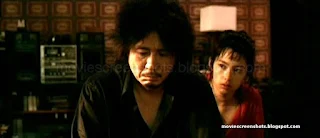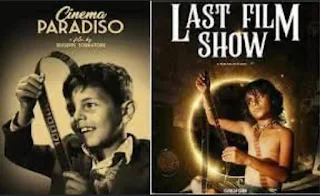Fauda (Chaos, Hebrew/Arab; 2015-2019)
(Miniseries S1-3)
(Miniseries S1-3)
Is it not ironic that the Western nations want to police the whole world but failed miserably at finding peace at the heart of the Judeo-Christian stronghold. It seems that the brothers of the Book perform poorly when it comes to showing brotherly love. Also funny that a place that four great religions of the world look up to as their holy land cannot be protected by their Protector. A land hardly larger than 30,000 square kilometres, but this piece of land had not seen peace since time immemorial.
The feud has lasted so long that nobody can remember who drew first blood. Both parties, the Palestinians and the Israelis, claim legitimate historical rights on that piece of land. Looks like all that talk of the religion of peace, the religion of love and the religion of compassion is mere rhetoric. The reference to 'brotherhood' is only offered to the brethren of the same faith, not of the whole of mankind.
I am sure God must be in a quandary. It is like the old Indian saying or maybe an old movie dialogue. It is akin to asking a mother which child she wants to support; she would say, "you are asking me whether I love my right eye more than the left eye. I love them both." Probably that is why there are no permanent solutions here. Let both brothers fight it out till both exhausts each other. The trouble is that their course has sympathisers from people elsewhere. Everybody else is drawn into the bottomless wormhole.
This miniseries shows, from an Israeli viewpoint, is about a group from an Israeli counter-terrorism unit in the Israeli Defence Force. They are often referred to as Mista'arvim, meaning living amongst Arabs. They speak Arabic and assimilate into the local population to collect intelligence on the latest Palestinian terrorist activities. In the series, we find a power struggle between the Palestinian Authority (PA), Hamas and the newbie around town, ISIS. It looks like PA wants to maintain law and order, but everyone else has their idea of which brand of Islam should prevail on their land. They want more possession of land, which they assert was theirs anyway, to start with. To die for such a course is divine; they have been indoctrinated and have the rest of Palestine (and the world) follow suit.




.jpeg)








.jpeg)


_poster%20(1).jpeg)



.jpeg)



